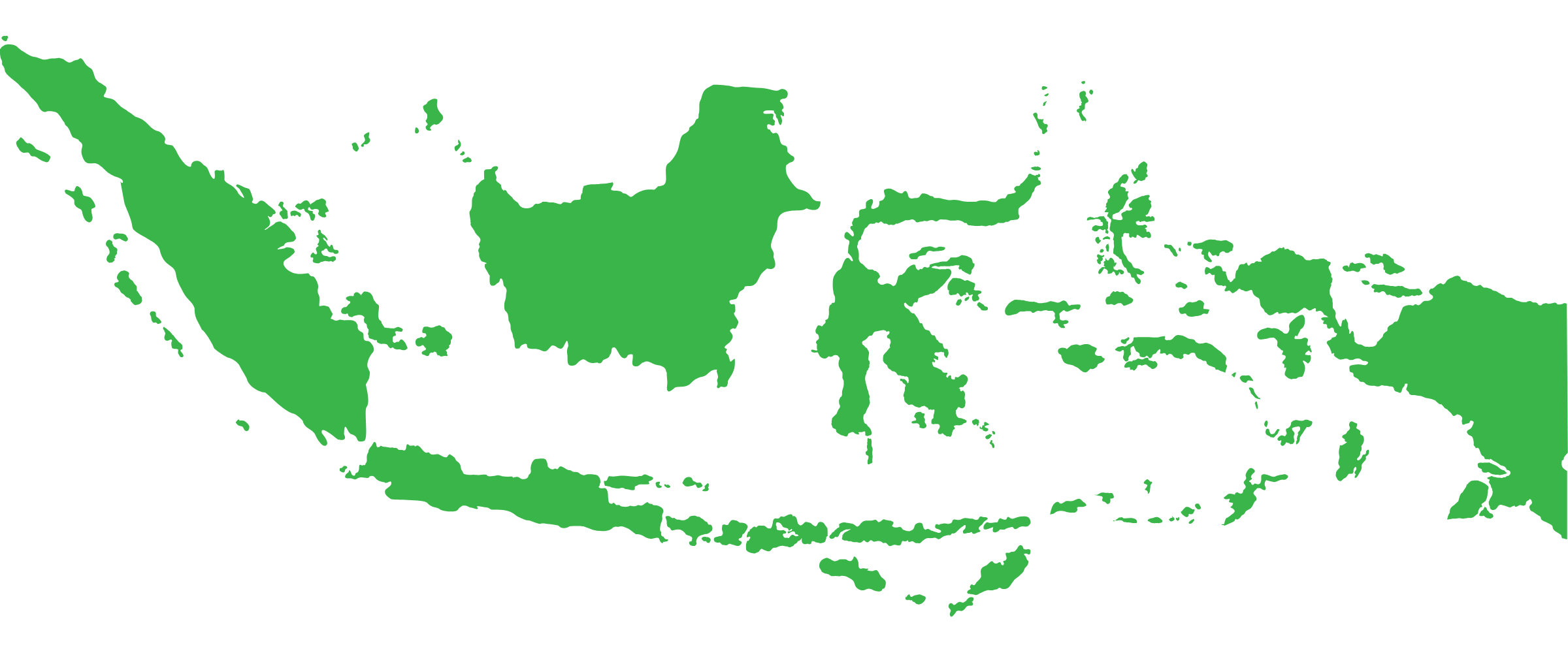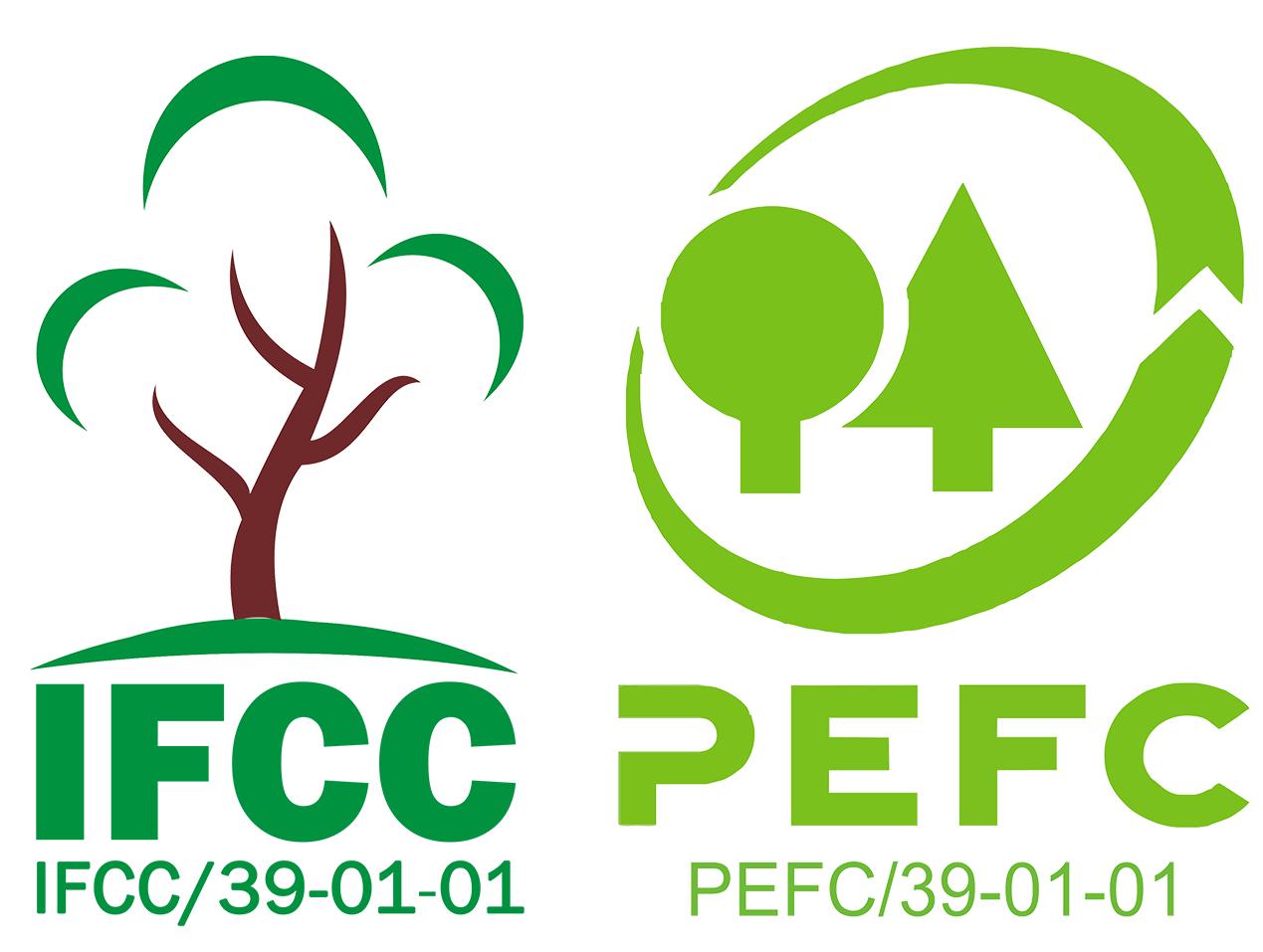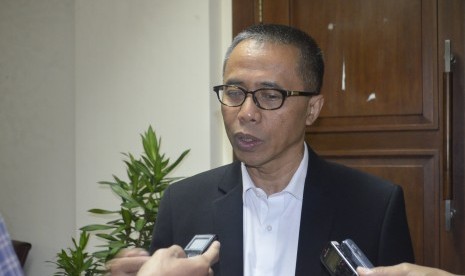Number of Certified Certifications in Indonesia

4,472,269.97 Hectares in Indonesia
Menyoal Percepatan Vaksinasi, setelah Presiden Tak Bisa Temukan Obat buat Pasien Covid-19 di Apotek

DALAM sidak ke salah satu apotek di Bogor, Jawa Barat, pada Jumat (23/7/2021) petang, Presiden Joko Widodo mendapati bahwa obat antivirus Oseltamivir dan Favipiravir sedang kosong. Dua obat itu dipakai juga untuk penanganan pasien Covid-19. Presiden lalu menelepon Menteri Kesehatan Budi Gunadi Sadikin dan dilapori kalau obat tersedia di Kimia Farma (KF) Bogor. Saya yakin kondisi lapangannya memang seperti yang ditemukan Presiden. Ini juga berdasarkan pengalaman saya kesulitan mencari antivirus bagi beberapa kerabat, termasuk ke apotek yang dikunjungi Presiden. Saya akhirnya bisa membeli Favipiravir, dibantu oleh kenalan yang kompeten.
Jumlah kasus aktif (JKA) Temuan Presiden tersebut semakin menegaskan pentingnya Indonesia mempercepat vaksinasi. Terlebih lagi, situasi pelayanan kesehatan (yankes) kita sudah sangat berat, sebagaimana data dan analisis yang akan saya uraikan di bawah ini. Saya mulai dengan melihat data JKA. Data ini sangat krusial bagi keputusan yankes, mulai dari penyediaan rumah sakit (RS), obat, oksigen, serta—lebih penting lagi—dokter dan tenaga medis lainnya.
Datanya saya ambil dari laman Komite Penanganan Covid-19 dan Pemulihan Ekonomi Nasional (KPC PEN). Karena data time series JKA untuk periode 1 Juni 2021-24 Juli 2021 tidak ditampilkan di laman resmi, saya juga merujuk ke salah satu laman Wikipedia yang mengunggah data dimaksud. Sumber laman ini adalah data harian KPC PEN, yang angkanya akurat pula untuk data pada kurun 22-24 Juli 2021. Pada 1 Juni 2021, JKA tercatat sebanyak 101.325. Angka ini melonjak drastis menjadi 574.135 pada 24 Juli 2021. Selama Juni 2021, kita perlu waktu 26 hari untuk "menaikkan" JKA sebanyak 100.000. Setelah itu, kita butuh waktu 8 hari dan terakhir hanya 3 hari. JKA menembus 500.000 pada 16 Juli 2021. Jadi, JKA berakselerasi dengan sangat cepat.
Akselerasi tersebut jelas memberi tekanan yang besar terhadap sistem yankes. Mari kita lihat kondisinya dari jumlah tempat tidur RS.Saya cek ke materi presentasi Menko Luhut B Pandjaitan pada 6 Juli 2021, ternyata data jumlah tempat tidur tidak ditampilkan. Namun, pada 31 Agustus 2020, Bappenas menyebut Indonesia memiliki tempat tidur RS sebanyak 276.525 atau 1,33 per 1.000 penduduk. Per 21 Januari 2021, tempat tidur yang dialokasikan bagi pasien Covid-19 adalah 81.032. Ini menurut Dirjen Pelayanan Kesehatan Kemenkes, Prof Abdul Kadir, yang juga menyebut jumlah RS sebanyak 2.979.
Pada 21 Juli 2021 juru bicara Covid-19 Kemenkes, Siti Nadia Tarmizi, mengatakan jumlah tempat tidur Covid-19 sejak 17 Mei 2021 telah bertambah 45.592 menjadi 124.747. Artinya, jumlah sebelumnya adalah 79.155. Dari jumlah yang baru tersebut, 91.787 tempat tidur sedang dipakai merawat pasien Covid-19. Disebutkan juga, 990 dari 3.083 RS sudah ditetapkan sebagai RS Covid-19. Kita bisa melihat bahwa data dari kedua pejabat Kemenkes tersebut tidak klop, karena terdapat diskrepansi 104 RS dan 1.877 tempat tidur. Diskrepansi ini tentu membuat data bed occupancy rate (BOR) diragukan.
Terlebih lagi, ketika data dari jubir Kemenkes dihitung dengan asumsi pemakaian tempat tidur yang konstan, maka BOR sekarang hanya 73-74 persen. Jika benar demikian, mengapa sebagian penderita Covid-19 kesulitan mendapat tempat tidur RS? Saya belum tahu berapa BOR yang riil. Yang jelas, JKA sudah mencapai dua kali lipat dari jumlah tempat tidur, dan minimal 4,5 kali lipat dari jumlah tempat tidur Covid-19. Karena itu, tidak heran jika banyak laporan kesulitan mendapatkan RS. Bagaimana dengan jumlah dokter? Kondisinya lebih memprihatinkan.
Jika mengacu pada presentasi Menko Luhut, saat ini di Jawa dan Bali terdapat 684 dokter umum bagi pasien Covid-19. Jumlah ini hanya 19-23 persen dari kebutuhan! Adapun jumlah perawat untuk pasien Covid-19 tercatat 4.368, atau hanya 21 persen kebutuhan. Memang pemerintah berencana menambah dokter dan perawat. Namun, saya masih sangsi bagaimana realisasinya. Bukti empiris vaksinasi Melihat beratnya situasi yankes, kita harus cepat menurunkan dua target, yaitu (i) laju transmisi dan (ii) tingkat hospitalisasi. Di sini saya tidak membahas target pertama karena memerlukan tulisan tersendiri tentang pembatasan sosial, pemeriksaan dan penelusuran, serta protokol kesehatan. Untuk target kedua, arahnya adalah meminimumkan jumlah penduduk yang secara medis wajib dirawat di RS jika mereka terinfeksi Covid-19.
Gampangnya, gejalanya ringan kalaupun ada yang terinfeksi Covid-19 sehingga tidak perlu masuk RS. Intervensi kesehatan yang efektif dalam mencapai target kedua adalah vaksinasi. Bukti empirisnya bisa kita ambil dari sejarah bahkan dari pandemi sekarang. Contoh bukti sejarahnya adalah epidemi cacar air di Kanada pada 1885. Tingkat kematiannya 30-40 persen, jauh lebih tinggi dari Covid-19. Apakah saat itu ada kelompok anti-vaksin? Ada. Pelopornya malah seorang dokter bernama Alexander M Ross. Argumen yang dipakai juga sama, yaitu epidemi tidak ada, cacar air tidak berbahaya, sementara vaksin lebih berbahaya. Faktanya, dunia berhasil mengatasi cacar air dengan vaksinasi sebagai program utama. Lucunya, Dr Ross ternyata juga memilih divaksin.
Untuk bukti empiris vaksinasi Covid-19, kita lihat data Inggris Raya yang memulai vaksinasi sejak 8 Desember 2020. Di Skotlandia, dosis pertama vaksin terbukti menurunkan hospitalisasi 85-94 persen, di Inggris 75 persen. Itu yang dirilis Public Health Scotland dan Public Health England pada 22 Februari 2021. Terhadap varian Delta, pada 14 Juni 2021 mereka merilis penurunan hospitalisasi 92-96 persen. Risetnya dilakukan oleh Julia Stowe et al, melibatkan 14.019 orang yang terinfeksi varian Delta selama 12 April–4 Juni 2021, dengan hanya 166 yang perlu perawatan RS. Di Amerika Serikat (AS), vaksinasi dihitung telah menghindarkan 1,25 juta orang dari perawatan RS dan mencegah 279.000 kematian. Penelitinya adalah Profesor Alison Galvani (Yale School of Public Health), Profesor Seyed M Moghadas (York University), dan Eric C Schneider. Jadi, vaksinasi terbukti menurunkan tingkat hospitalisasi. Ini karena orang yang divaksin akan mengalami gejala yang lebih ringan jika terinfeksi. Namun, soal korelasi vaksin terhadap penurunan transmisi, bukti empirisnya belum kuat. Risiko tertular masih ada meski kita sudah divaksin.
Percepatan vaksinasi Dengan beratnya tekanan terhadap sistem yankes, sementara vaksin terbukti mengurangi hospitalisasi, argumen kesehatan bagi percepatan vaksinasi sangatlah kuat. Kalau dari sisi ekonomi, percepatan vaksinasi adalah kebutuhan pokok. Alasannya, vaksin dapat mengurangi tingkat keparahan penyakit, sehingga orang lebih konfiden beraktivitas ekonomi, baik investasi, produksi, distribusi, maupun konsumsi. Konfiden ini unsur vital bagi pertumbuhan. Percepatan semakin mendesak karena laju vaksinasi kita masih lambat. Untuk mencapai proporsi 5 persen pertama dari penduduk tervaksin lengkap, Indonesia perlu waktu 5,5 bulan lebih. Bandingkan dengan negara-negara lain. AS hanya perlu 1,5 bulan, Inggris 3 bulan lebih sedikit. Adapun Malaysia 4 bulan kurang, tapi populasi dan geografinya jauh lebih ringan dibanding Indonesia. Lalu terobosan apa untuk mempercepat vaksinasi? Di Kompas.com pada akhir Desember 2020, saya pernah mengusulkan “vaksinasi bisnis”. Pemerintah menyebutnya sebagai vaksinasi gotong royong (dibayar oleh perusahan) dan mandiri (dibayar oleh individu).
Saya memaklumi penentangan terhadap vaksinasi berbayar, yang antara lain karena rumor perburuan rente. Saya sepakat dengan alasan ini. Namun, apakah kita membatalkan proyek vital seperti pembangkit listrik karena ada korupsi? Atau, kita hukum koruptornya tapi proyeknya jalan terus? Tentu, yang kedua yang kita pilih.
Mendudukkan ulang vaksin berbayar Vaksinasi bisnis juga sangat pro-keadilan ekonomi. Subsidi BBM dihapuskan antara lain karena kelompok kaya ikut menikmati subsidi. Vaksinasi ini lebih parah dari subsidi BBM karena orang kaya memperolehnya secara gratis. Dengan vaksinasi bisnis, orang kaya ikut membayar. Secara fiskal, vaksinasi bisnis ini sangat pruden. Buat contoh kasus, kita pakai vaksin Pfizer, yang Indonesia memesan 50 juta dosis. Karena Pfizer masih memakai “harga pandemi” 19,50 dollar AS per dosis, nilainya adalah Rp 14 triliun-an. Jika vaksin Pfizer dibuat berbayar, katakanlah Rp 500.000 per dosis, negara memperoleh Rp 25 triliun. Surplusnya bisa dipakai membayar tunggakan negara kepada RS atau membiayai riset obat dan vaksin. Saya yakin, dibanderol Rp 1 juta lebih pun vaksin Pfizer masih laku. Buktinya, tidak sedikit orang kaya Indonesia bersedia mengeluarkan minimal Rp 30 juta untuk memperoleh vaksin Pfizer atau Moderna di AS.
Para pebisnis pun sangat membutuhkan kedua vaksin ini untuk memenuhi persyaratan perjalanan ke negara-negara maju. Jangan lupa, Pfizer sudah mulai bernegosiasi dengan Uni Eropa pada harga 54 dollar AS per dosis. Untuk “harga normal”, eksekutif Pfizer Frank D’Amelio menyebut angka 150-175 dollar AS per dosis. Dengan harga tersebut, mana kuat Indonesia menggratiskannya? Jadi, saya usul agar pemerintah tetap menjalankan vaksinasi bisnis ini. Namun, pilihan vaksinnya harus sesuai dengan preferensi target dan jangan mengambil vaksin hibah. Sebagai penutup, saya kembali usul agar negara lebih masif membuat dan menyebarkan konten vaksinasi yang ilmiah. Karena, tidak sedikit rakyat yang takut atau bahkan anti-vaksinasi akibat misinformasi sehingga laju vaksinasi terhambat. Jadi, masalah ini perlu ditangani serius.
PPKM DILANJUT, DRADJAD: SIAPKAN PAKET BAGI PEKERJA TERDAMPAK
Opsi perpanjangan masa PPKM Darurat dinilai sebagai hal yang takterelakan. Namun pemerintah diminta untuk memperhatikan nasib warga yang terdampak, terutama pekerja sektor nonformal, dan berpenghasilan tidak tetap.
Ekonom Indef Dradjad Wibowo mengatakan jika dilihat dari perkembangan kasus, hospitalisasi, tingkat kematian, dan elastisitas produksi kesehatan, secara objektif perpanjangan PPKM Darurat merupakan hal yang tak terelakan. "Bahkan sudah menjadi prasyarat. Kalau tidak maka jumlah kasus akan meledak, sistem pelayanan kesehatan bisa colaps,” kata Dradjad kepada Republika.co.id, Kamis (14/7).
Dradjad khawatir jika kondisi pandemi semakin parah, yang akan menyebabkan terjadinya tragedi kesehatan dan kemanusiaan.
Jika PPKM Darurat diperpanjang, Dradjad meminta negara memberikan bantuan ekonomi kepada kelompok masyarakat, yang ekonominya terpukul paling berat oleh PPKM. Misalnya, berdasar data BPS per Agustus 2020, minimal ada 78 juta penduduk yang bekerja di sektor informal atau sektor lain, dengan penghasilan tidak tetap.
“Penghasilannya adalah penghasilan harian,” kata Ketua Dewan Pakar PAN ini. Kelompok masyarakat ini, lanjut Dradjad, penghasilannya akan anjlok drastis atau bahkan hilang jika ada PPKM Darurat.
Dradjad menyadari keuangan negara sangat terbatas sehingg tidak mungkin menanggung mereka semua, tapi setidaknya negara bisa membuat paket ekonomi khusus bagi mereka yang kehilangan penghasilan harian ini. "Silakan tim ekonomi pemerintah untuk mendesainnya,” ungkap Dradjad.
Pertanyaannya uangnya dari mana?. Dradjad mengatakan mau tidak mau Kementerian Keuangan harus lebih kreatif menggali sumber-sumber dana, yang masih ada sekalipun sedang pandemi. “Apakah benar masih ada? Saya tegaskan ada. Karena waktu itu saya terlibat sendiri dalam salah satu lembaga negara. Bagaimana rincinya, tidak mungkin saya sampaikan secara publik. Tapi ada dan insya Allah tidak merugikan pelaku usaha,” kata ekonom senior tersebut.
Hal lain yang harus diperhatikan, menurut Dradjad adalah pemerintah harus memastikan PPKM Darurat akan efektif, tidak nanggung. Jangan sampai masyarakat sudah terlalu lama di PPKM Daruratkan tapi kasusnya tidak turun.
Dradjad menyarankan agar tokoh-tokoh masyarakat dan pemerintah daerah memiliki sikap yang sama terhadap PPKM Darurat. Jangan sampai daerah justru mendorong terjadinya kerumunan." Entah dengan alasan Idul Adha atau kegiatan masyarakat lainnya. Jadi komunikasi persuasi dengan berbagai kalangan sangat krusial,” paparnya.
Subcategories
- International News (91)
- National News (415)
- PEFC Week 2016 (38)




